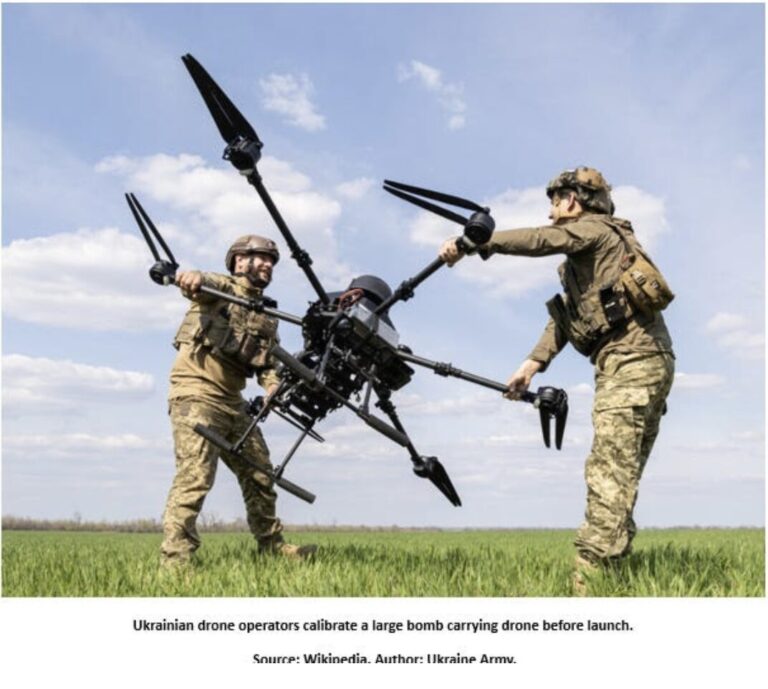Policy changes to a festering sore are sadly in the far distance:

Under Section 70 of the Social Security Act the government reduces New Zealand Super (NZS) dollar for dollar when a person also receives a pension from overseas. This prevents people qualifying for two basic pensions. Fair enough but there are many contentious aspects. Unbelievably, when there is a spouse, the spouse’s NZS can be cut, dollar for dollar, for any excess of the partner’s foreign pension. Even worse, when a partner does not qualify for NZS, the whole of his or her foreign pension may be deducted from their spouse’s NZS.
The RPRC has tried without success over the past decade to get attention to this issue.
Is there, at last, a glimmer of hope of sensible action? The NZ herald writes this week: Pensions fix looms after 80 years:
Minister for Social Development Carmel Sepuloni has requested advice on New Zealand Superannuation.
This includes a section that is currently before the Human Rights Review Tribunal amid concerns it unfairly penalises some superannuitants.
But isn’t this a too little tentative? It looks like MSD is requesting advice from the very officials who are adamantly opposed to changes to section 70, and are even opposed to the worst part that is the spousal deduction policy. And, requesting advice is a long way from decisive action.
Imagine you are a person and have just married for the second time at age 65. You have worked all your life and paid taxes in New Zealand but you end up with no NZS because your new partner happens to have an overseas pension. Worse still, even though you are not well off, you cant get the Winter Fuel Payment either, because the MSD says it is available only to a person “receiving” NZS.
Earlier this year I sat through a good part of a long and expensive hearing in the Human Rights Review Tribunal (HRRT) on section 70 spousal deductions. For hours on end the MSD trawled through the history of the welfare state from to find justification for this terrible policy.
The case was taken on behalf of several affected superannuitants all with stories of patent unfairness. As I said in a blog then
It doesn’t matter that some spouses have lived all their lives in New Zealand, or that it is a second or third marriage, or in a relationship of short duration. Nor does it make any difference if the couple are in very low-income households as most are. Nor does it make any difference that MSD in the past has recommended the spousal deduction be abolished- nor does it matter that it would cost only $2m per annum to fix.
MSD are prepared to pontificate in court for days about how married couples have greater economies of scale than two singles living together and how society expects partners to support each other. The 21st century has passed them by.
The decision of the HRRT may take up to three years we are told. In the meantime, the Retirement Policy & Research Centre gets weekly email complaints about the spousal deduction Here is one, with personal details excluded and with permission:
“My mother who is 60 years old and lives in NZ married a man from the United Kingdom around 4 years ago and has recently found out she is no longer eligible to receive her superannuation because of the spousal pension rule.
I am slowly trying to educate myself on this ridiculous and extremely concerning issue people are facing within New Zealand. My mother is so overwhelmed with this predicament she is in. We have considered her getting divorced, but it seems this won’t work; we have also applied for her husband to become a New Zealand citizen which has been unsuccessful. Every loop hole we consider it seems to have zero opportunity.”
How disgusting does this have to get before political action is taken?
Here is another one in my email tray this morning about the NZ Herald article:
I don’t see anything much here to get excited about, just more prevarication and obfuscation. I am not entitled to receive a NZ Pension if I am living in NZ and in a “relationship” with an American woman who happens to be the widow of my former best friend. However, I have just been officially informed that a NZ pension will be fully available to me at the Single sharing rate if we pack up and move to the US.
We said in our 2016 review for the Retirement Commissioner that there are 500 of these cases. At an average of $4000 this gives an estimated annual saving to Government of $2 million. It may be more in 2018 because of the aggressive way the policy is now applied but it is still peanuts!!
An injustice that is so obvious requires immediate action- not delay until some report is written by the very people that don’t want change and have just argued that very position in court.







The Ministry of Social Development has developed a vocabulary specifically to suit a purpose of it’s own, Section 70 entrapment. In it’s lexicon the following words all mean the same,
spouse or spousal, marriage, civil union, relationship, de facto, and partner.
For example, if you admit to the Ministry that you and a partner live in the same dwelling, they will say that you have a spouse. This is nonsense because the word spouse has only one meaning and that is marriage while a partnership could apply to any number of relationships.
However, under the Section 70 rort, you have just exposed yourself to the risk of a heavy “spousal deduction” penalty. That could mean that you lose part or even all of your pension entitlement. Why has this coalition government which purports to have a social conscience, failed to take urgency to correct this wretched law?
Isn’t the economies of scale factor acknowledged through the living alone payment? Btw, what was the ground of discrimination the plaintiffs in the HRRT case were claiming? Was it income status? I can imagine crown law getting pretty inventive when arguing about an appropriate comparator in a case like this. Typical crown law. There’s a good case for changing the HRA around this, especially after the Trevethick case.
My wife and I were in this position also. Prior to my wife being elligible for NZ Super, her part UK State Pension was deducted from my NZ Super. We actually did not disagree with this as we felt that we should have no advantage over New Zealanders who did not receive a UK Pension.
However, and here comes a ridiculous injustice, the Act was framed in such a manner that IRD viewed us both individually. So, they treated my wife as fully receiving her UK Pension and, adding that to her nurses salary, taxed it at the top rate. As for me, IRD was not obliged to appreciate that the money I lost (some $10,000) was identical to my wife’s gain. They just taxed me according to my new earning level, which happened to be at the lowest rate, sine my only earnings were my NZ Super plus a little savings interest. Overall therefore for no increase in our joint income, we paid roughly an extra $3000 in tax every full year for a period of three years.
Of course had my earnings been high, there could easily have been no loss (because my tax saving on the $10,000 could have equalled my wife’s extra tax) overall. So, as with many circumstances, the less well off you are, the more you get punished!
I spent huge efforts writing to DSW, my local Labour MP, the Commissioner responsible for retirees, even Winston Peters – all to no avail. I was particularly disappointed in Kris Fa’foi and will never vote for him, even when voting for the Labour Party – he seemed bored by the issue (not a glamour issue!), and any actions taken were by his assistant who was the son of friend of ours. Needless to say National Ministers responsible for DSW and IRD were totally dismissive. One can easily come to despise senior civil servants and politicisns of all stripes.
That is one major issue with our social policy. I am also rather furious that those who were most in need of an increase in total benefit income, and who relied on the talk by the government that the increase in Accommodation Supplement would help them meet their living costs, were actually denied an increase after all.
As the criteria for getting Temporary Additional Support (capped also at 30 percent of the base benefit rate) and for getting Special Benefit (those few who still get that one) has not been changed, those persons getting these top ups had the increase effective as of 1 April taken off them again, once they were up for review for TAS or SB.
Talk about a perverted kind of social security system in NZ, supposedly one ‘of the best’. At least, so it seems, the Winter Energy Payment will not affect other supplements of benefits.
But why should those who don’t get NZS because of the absurd spousal provision be denied the WEP when others far wealthier can have it as of right
Yes I agree pensioners should not be penalised if their partner has an overseas pension entitlement. But what about pensioners that hide their assets in trusts or gift it to their children and then the state has to pay for them to be cared for, is this right to put this burden on the next generation who may not receive a pension or care or help. These are issues we need to discuss and debate now while we still have some time with our baby boomers ageing. Is it right for people to protect and hide their wealth when many received lots of state help including pensions, medical and travelling subsidies, free tertiary education, help to buy affordable homes etc And I don’t want to hear we worked hard so we deserve to be looked after for ever OR we paid our taxes and so have many others this argument does not wash anymore because they did get state help that may be gone soon as it is not sustainable. NZers need to be fair minded about this and debate it rationally.
Michelle
That is another big big issue that has been ignored. One of the worst things an older person can do is alienate their assets too early to circumvent the income and asset test. When the time comes for long term care they get the barest minimum standard while the beneficiaries of their generosity have forgotten all about it